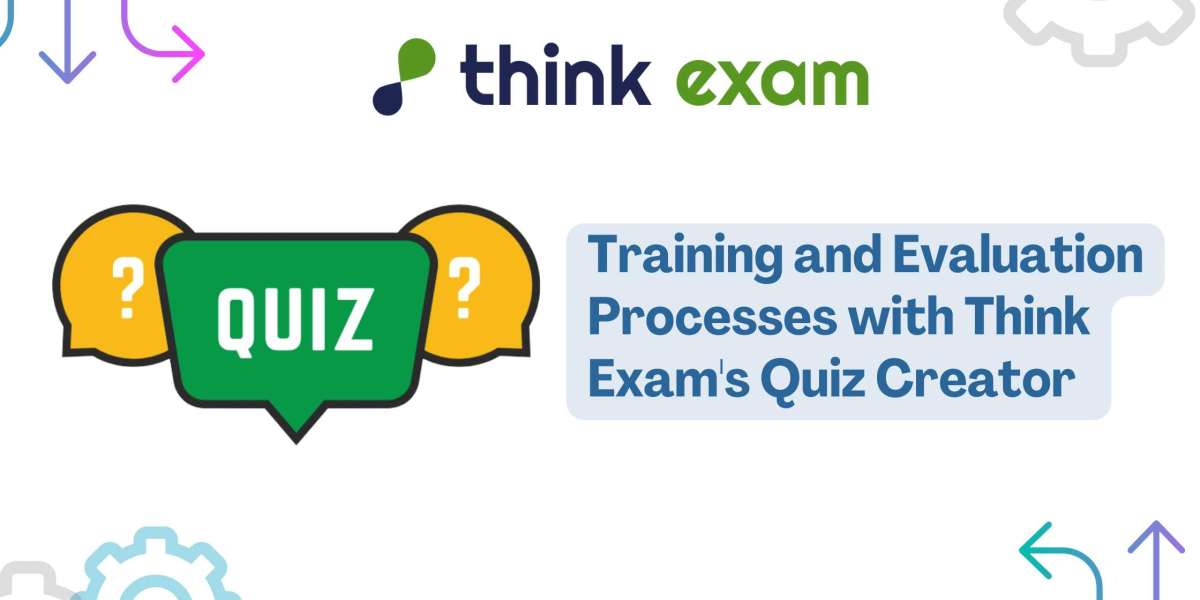Continuously monitoring student progress and timely identification of learning gaps are critical for ensuring positive educational outcomes. Quiz creators have emerged as an invaluable tool for achieving these goals by enabling teachers to track comprehension, pinpoint problem areas, and provide personalized guidance to students.
This article discusses the benefits of using a quiz creator strategically for enhanced student success.
Understanding quiz creators
Among many benefits of quiz creators, one major is that it allows teachers to design, distribute, auto-grade, and analyze quizzes conveniently. Unlike conventional tests, quizzes developed using these platforms focus primarily on assessing key concepts frequently through short-form questions and providing prompt feedback. This formative evaluation method boosts retention, motivates students, and promotes metacognition for self-directed learning.
State-of-the-art quiz makers today integrate rich analytics dashboards to help teachers diagnostically track class and individual student performance on each skill/standard to identify learning gaps in real-time. It also allows you to create customizable reports based on proficiency levels.
Benefits of progress monitoring
Quiz creator analytics offer granular, actionable insights unavailable through conventional assessments. Teachers can use comparative reports to gauge if students struggle with particular question types or skills. Reviewing performance across quizzes also helps evaluate long-term learning retention. Such comprehensive data allows for precisely tracking individual student growth. Going beyond just scores, advanced analytics provide multidimensional visibility like question-wise time taken, hint usage trends, and options elimination patterns.
Temporally mapped reports help understand how competence on specific skills evolves across quiz attempts. Filtering data by categories like topics and skills provides nuanced analysis, such as whether students face greater difficulty in algebra vs. geometry. Analytics dashboards let teachers efficiently diagnose classes and individual learners without manual inspection. They highlight improvement opportunities like reading speed development, selective content weaknesses, and meta-cognitive biases around second-guessing.
Spotting comprehension gaps
Aligning quiz questions to learning goals and standards aids teachers in assessing if students meet objectives. Comparative analysis can identify relative strengths, weaknesses, and deltas between expected and actual levels. Difficulty-based reports provide granular insights to inform personalized intervention strategies addressing concept gaps.
Predicted scores help teachers proactively provide remedial support before quizzes. Reports can also assess the suitability of question types targeting analytical over rote skills. Auto-generated recommendations guide teachers in creating differentiated content like custom quizzes, reading materials, and flashcards for each learner. Intuitive dashboards make digesting volumes of data efficient, providing holistic snapshots of class performance.
Strategies for gap identification
Designing quality quizzes covering all learning aspects aids in reliable gap identification. Banks allow the generation of algorithmic variants to reduce score variances due to duplicate questions. Pretests establish baseline knowledge, and post-tests measure incremental progress. Multi-dimensional data makes filtering easier, finding trends in problem areas and informing personalized interventions.
For sustainable progress monitoring, small, frequent, and low-stakes quizzes are ideal. Automated scheduling promotes consistency, with timely feedback using integrated communication features. For reliable gap diagnoses, AI-based psychometric analysis offers advanced visibility into skill deficiencies and knowledge health of individuals/cohorts. Predictive modeling and early warning systems can help forecast risks of underperformance on high-stakes exams and enable preemptive mitigation by continually monitoring mastery trajectories. Responsible usage while upholding student privacy is vital for ethics compliance.
Challenges and considerations
Despite the immense potential, effective implementation of quiz-based assessments must balance academic goals and ethical factors regarding student data privacy, access constraints in underserved communities lacking affordable devices/connectivity, and the need for teacher training. Progress monitoring must employ positive framing without causing counterproductive stress. Still, with responsible usage, quiz analytics promise unprecedented visibility into student learning paths to help uplift struggling learners.
Future innovations
As education stays disrupted amid the pandemic, ed-tech is poised to grow exponentially. AI-enabled functionality like machine grading of subjective responses, computerized quiz creation using NLG, predictive analytics to forecast future performance, and automated generation of intervention recommendations will drive greater efficiency and personalization leveraging data from quiz creators. Researchers also foresee scope for game-based assessment formats leveraging AR/VR to promote enjoyment alongside progress tracking.
Conclusion
To conclude, purposefully designed quizzes powered by intelligent creator platforms help enable success for all learners by allowing teachers to benchmark capabilities, accurately evaluate growth, diagnose problem areas, and provide timely interventions as students navigate individual learning journeys. Responsible usage and continuous innovation focused on generating actionable insights promise to further enhance the effectiveness of such formative assessments.



